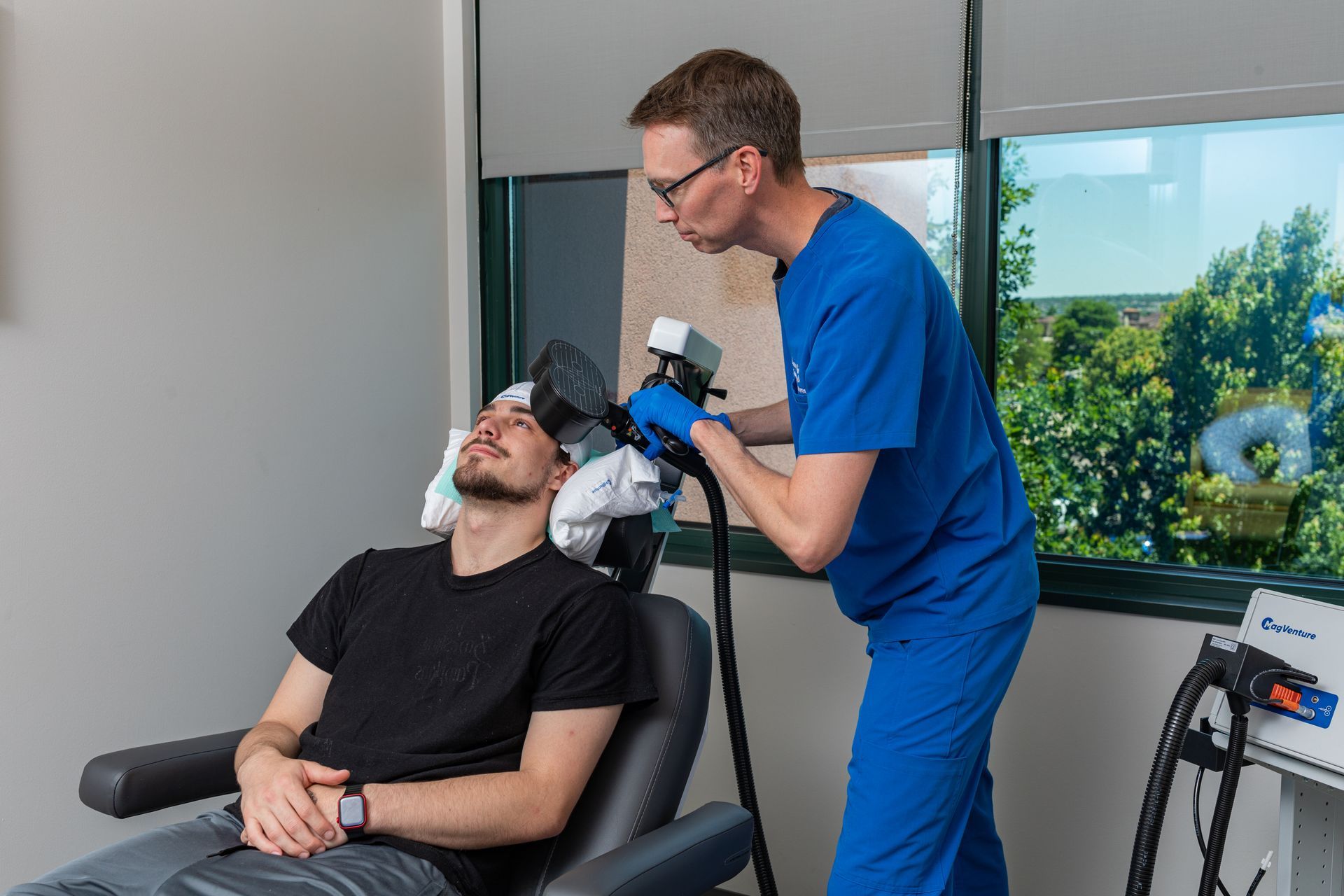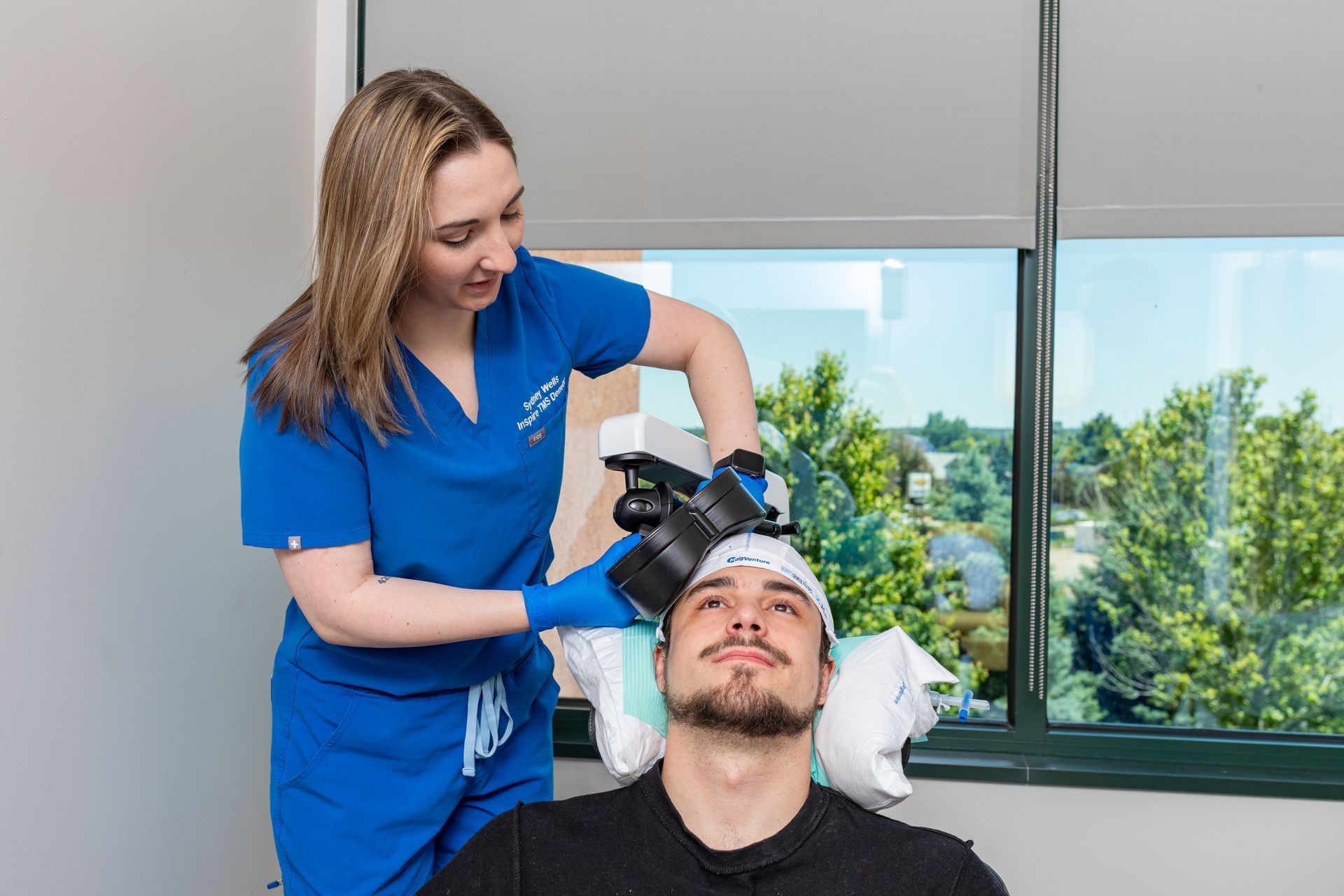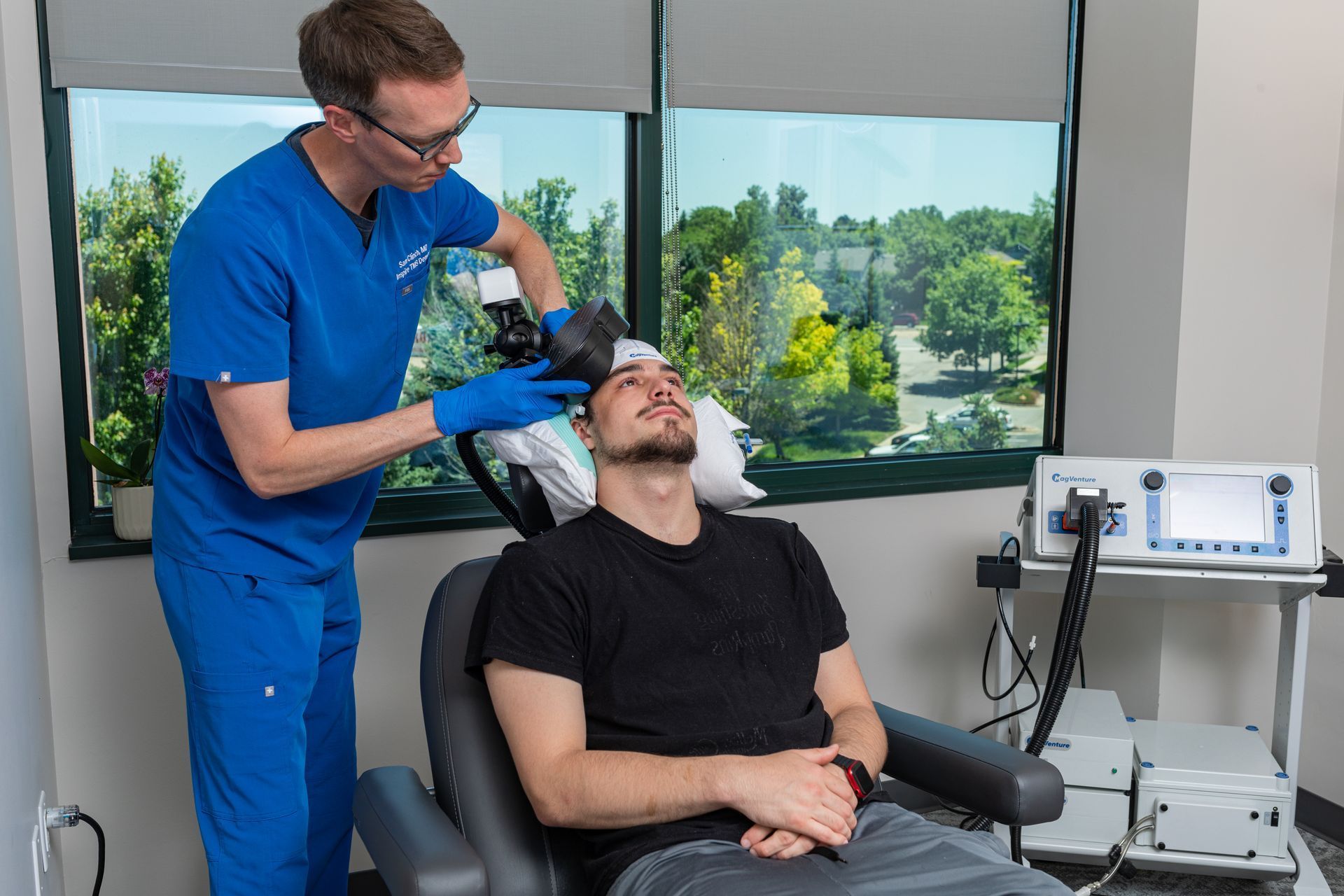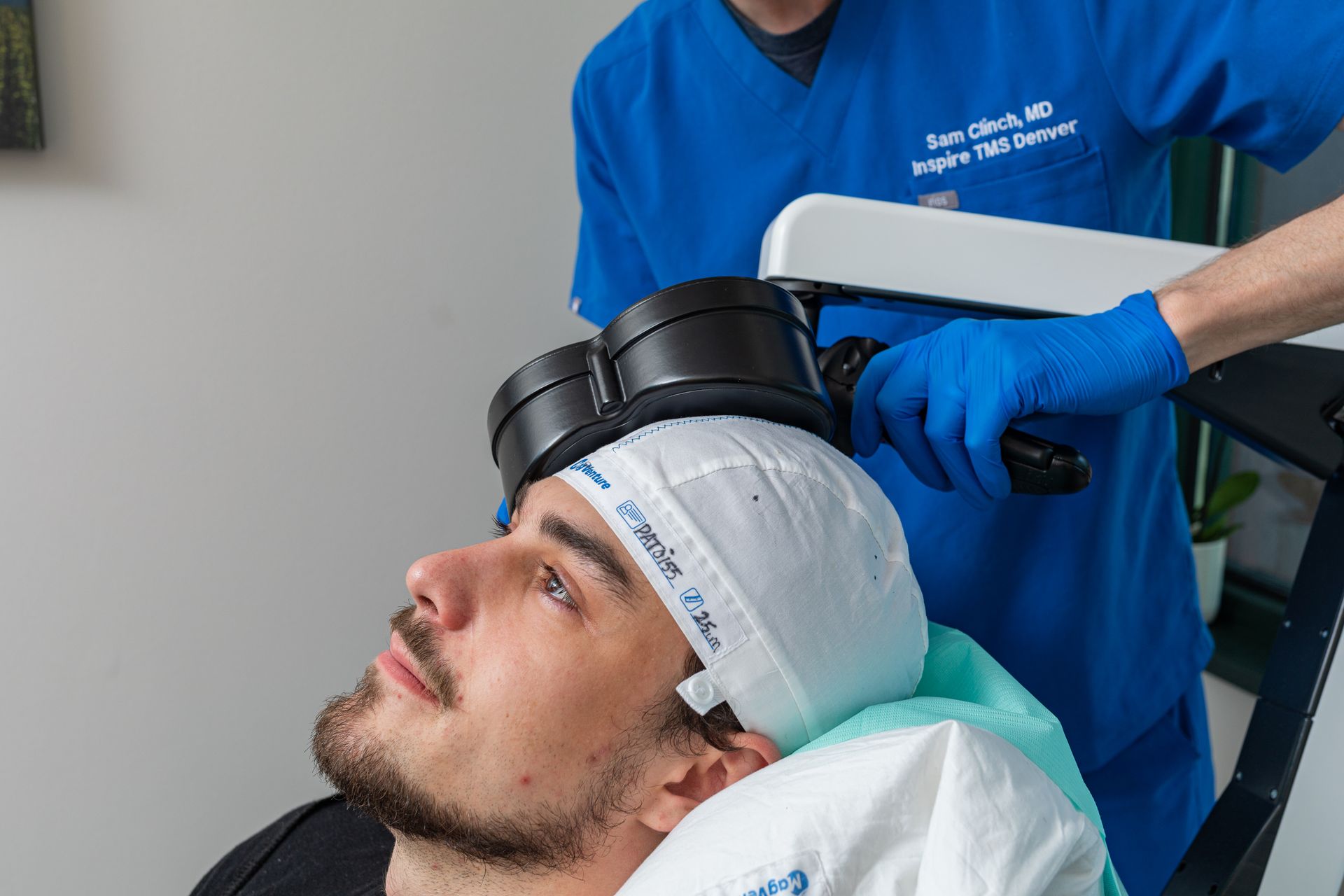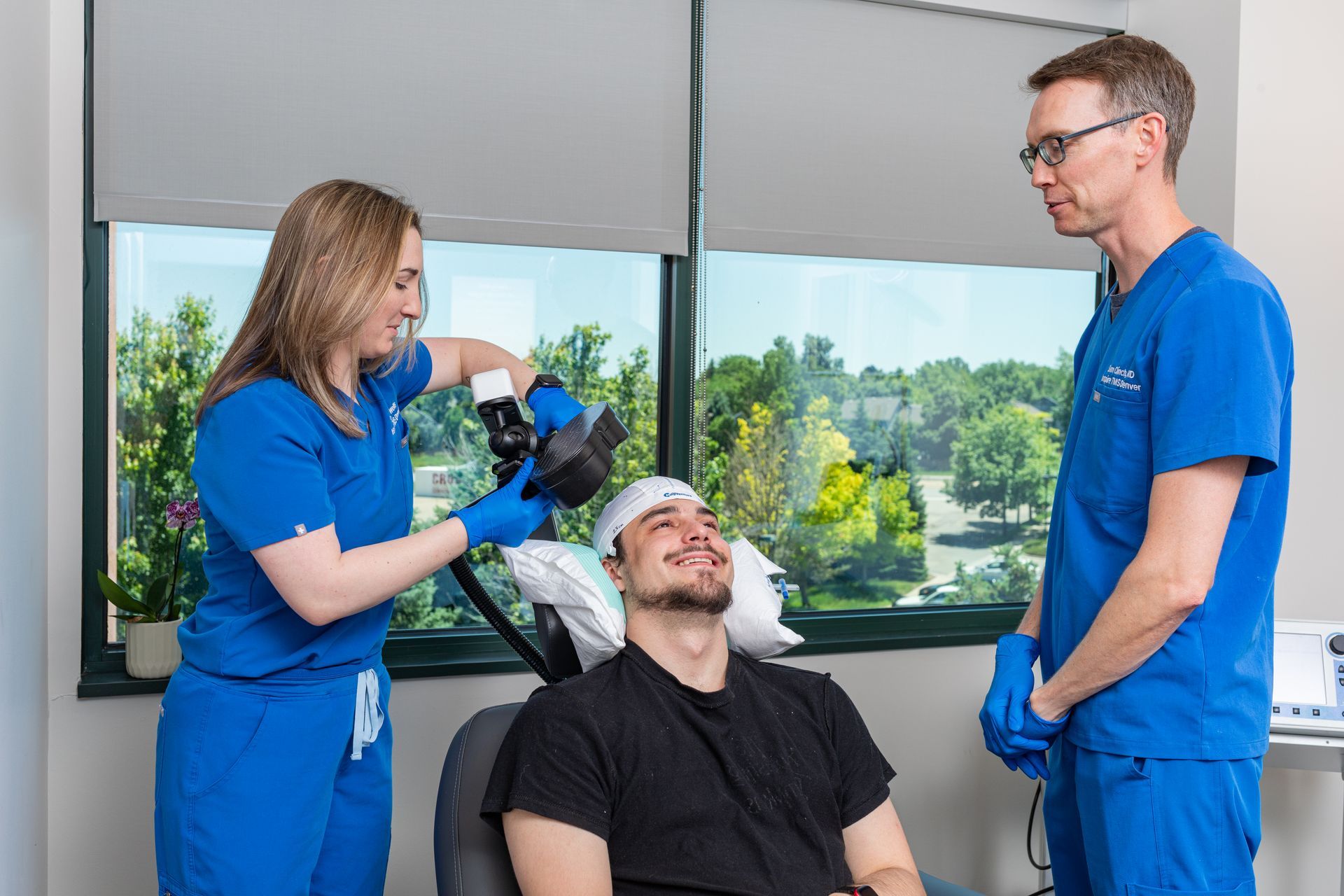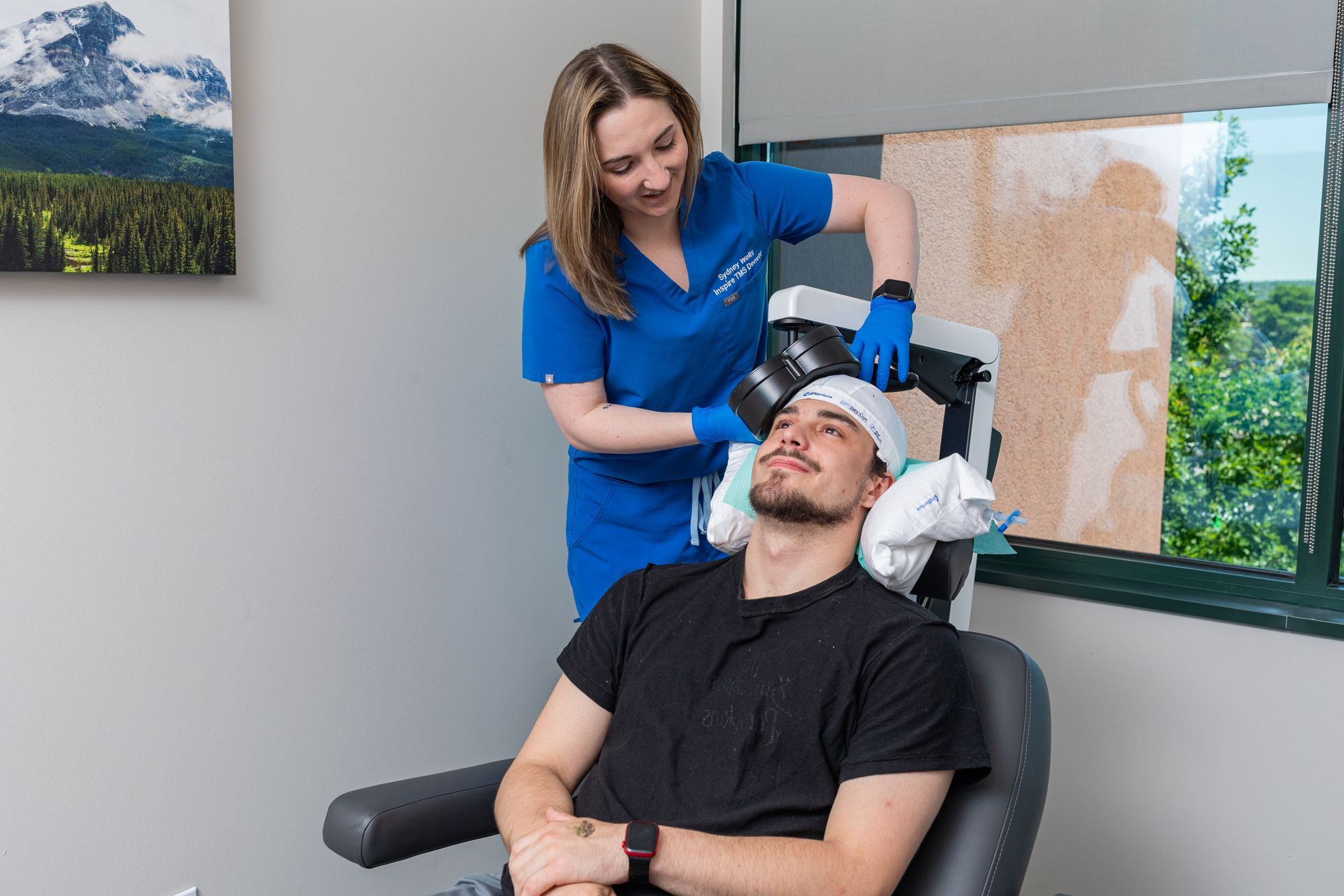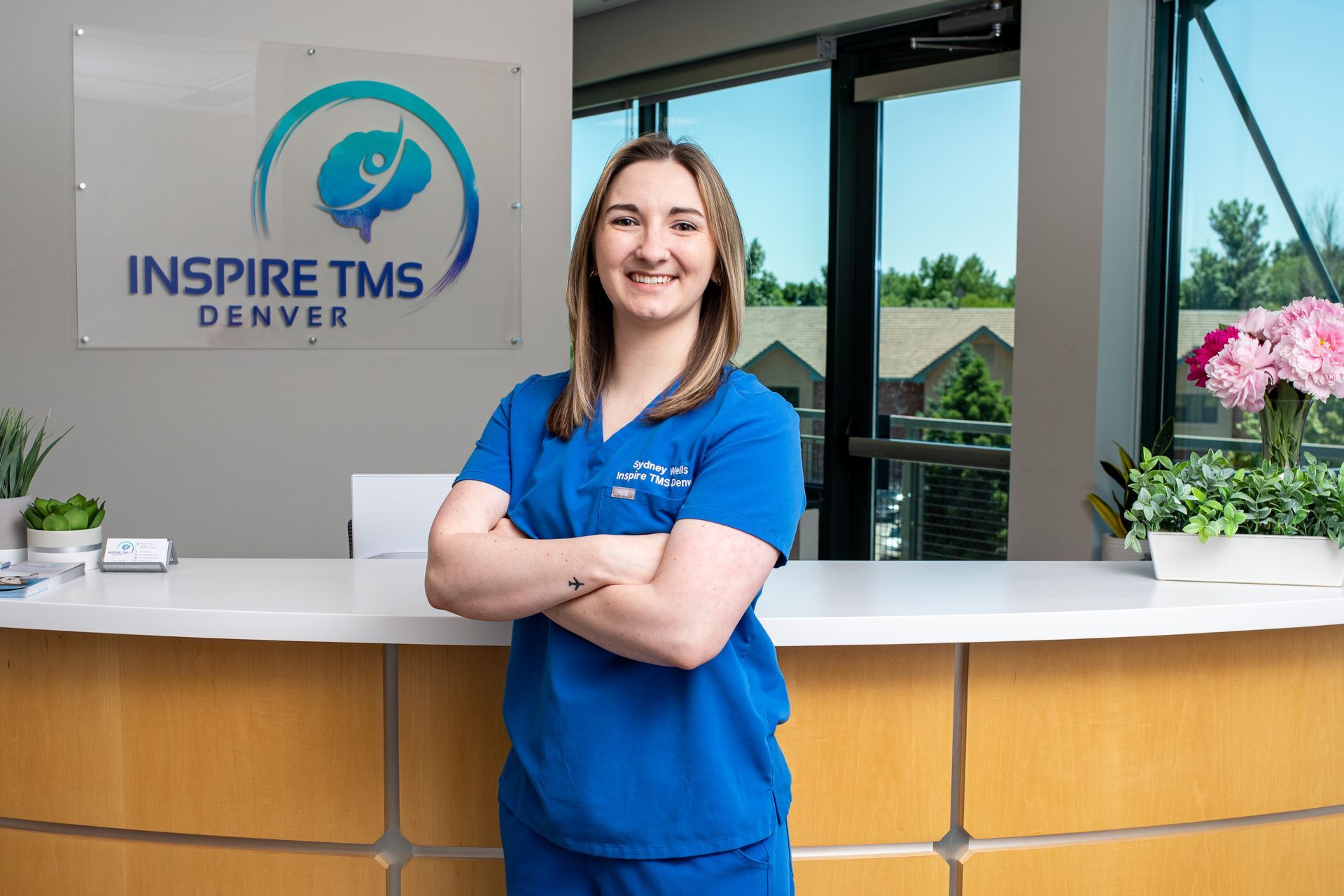The Benefits of Exercise on Mental Health and TMS Success Rate

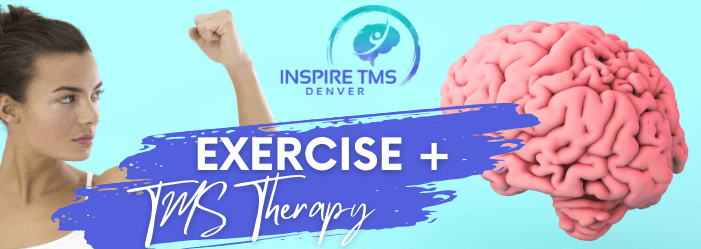
We all know that exercise is good for our bodies; it helps us to lose weight and look good during swimsuit season, and it helps to improve our cardiovascular health giving us more energy and stamina. But can it really help our brains to be happy and healthy? Research says yes! And even small amounts can make a big difference.
According to a study published in the Lancet Psychiatry from 2018, it doesn’t take a lot of exercise to see benefits for mental health and depression (Chekroud et al., 2018). The author of the 2018 study and assistant adjunct professor of psychiatry at Yale University, Adam Chekroud, found that, “Even just walking three times a week seems to give people better mental health than not exercising at all.” His study concluded that people who exercised had about 43% fewer days of poor mental health than those who did not. Additionally, the study found that exercising 3-5 times a week for 45 minutes proved to be the most beneficial for improving mental health. However, even just doing household chores reduced poor mental health days by 10%. Read more:
TMS therapy success rate
An additional 2022 study published in JAMA Psychiatry, provides further proof and motivation to get moving (Pearce et al., 2022). According to the study, adults whose activity levels were equivalent to 1.25 hours of brisk walking per week, had an 18% lower risk of depression compared to those who did not exercise. That boils down to a 10 minute walk each day. And if you’re looking for greater results, you can bump that activity level up to 2.5 hours of brisk walking per week, or about 20 minutes per day, to lower depression risk by 25%. The greatest benefits from the study were noted when someone was going from “couch potato status”, meaning zero activity, to adding movement each day.
Now that we know the numbers, what’s actually going on in our brains when we exercise to get these benefits? Here are some of the ways exercise improves your brain function and can prevent or improve depressive symptoms (scitechdaily.com).
1. Exercise Gets the Feel-Good Chemicals Flowing in your Brain
Exercise stimulates the production of the many feel-good chemicals in your brain, including dopamine, serotonin, endocannabinoids and norepinephrine. These chemicals each play their own role in managing stress and increasing feelings of wellbeing and happiness levels. Exercise also increases the number of dopamine receptors, meaning your brain can better receive and enjoy these feel-good chemicals. The Greater Good Science Center estimates that we lose approximately 13% of our dopamine receptors each decade, so exercise can help to combat this and keep up our overall sense of pleasure in life. Read more:
TMS therapy for depression
2. Exercise Induces Neurogenesis
Neurogenesis is the formation of new neurons in the brain. Neurogenesis acts as an adaptive mechanism to enhance movement, coordination, the learning of new skills, and improve memory, decision-making, and emotional control.
Neurogenesis slows as we age, and it was once thought that it stopped completely. However, studies have since shown otherwise, revealing that neurogenesis can last a lifetime.
3. Exercise Increases the Density of the Cerebral Cortex
The cerebral cortex is the outermost neural tissue of the brain. It is involved in several functions of the body including motor function, planning and organizing, sensory processing, and language. It is also associated with high-level conscious thought patterns such as emotion, evaluation, and reasoning.
Researchers at John Hopkins Medicine have shown that exercise can thicken the cerebral cortex, due to what they speculate is the brain making continuous split-second decisions, particularly while doing aerobic exercise.
4. Exercise Increases Neuroplasticity
Neuroplasticity is the brain’s ability to adapt to stimuli, especially in response to learning or after injury. The greater your brain’s neuroplasticity, the better you can learn and adjust to life’s ever-changing events. This means your brain is better able to adapt and recover from stressful situations that can potentially affect your mental health. Even just one workout session can increase your brain’s neuroplasticity. Imagine then what regular exercise can do!
In addition to regular exercise,
Transcranial Magnetic Stimulation (TMS) Therapy has also been shown to increase neuroplasticity in the brain. While the direct interaction of aerobic exercise and TMS Therapy have not been fully studied through formal scientific studies yet, research is showing evidence of positive effects when combined.
The evidence is showing that priming with aerobic exercise (exercising before receiving TMS treatment) leads to an enhanced response to rTMS Therapy (Hendriksi et al., 2017)(Otieno et al., 2019 ). Studies looking at the interaction of aerobic exercise and rTMS within the motor system show that there is a reduction in the inhibitory chemical, GABA, post exercise, as well as an increase in BDNF (brain-derived neurotrophic factor) and catecholamines. GABA can blunt plasticity while BDNF and other catecholamines enhance plasticity. Utilizing exercise can hence place the system in an optimal state to receive the stimulation of
TMS Therapy.
Authors of the article state, “To summarize, our argument is that [aerobic exercise] may promote an environment that is more conducive to plasticity induction, thereby facilitating an enhanced response to rTMS,” (Hendriksi et al., 2017). They also point out that exercise and TMS are both associated with a very low risk of adverse side effects.
Combining TMS Therapy with a healthy exercise routine can move the needle
dramatically in terms of your mental health recovery. Interested in learning how TMS can help you?
Book a free call today with our doctor!
Contact Us | Inspire TMS Denver
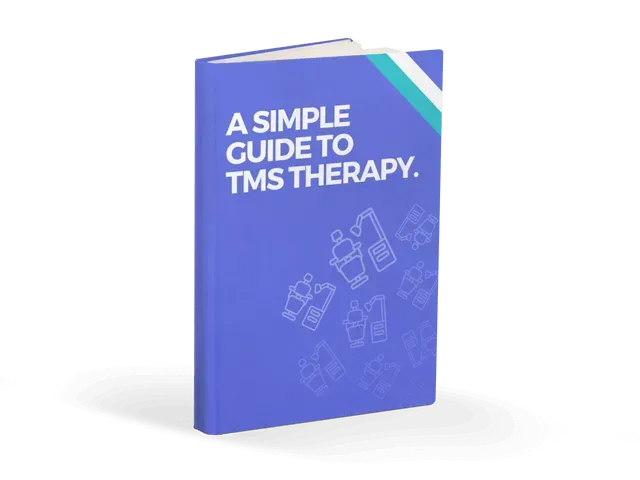
Every Question Answered
Want to know more about TMS? Check out this in-depth guide to TMS therapy with transparent and easy to understand explanations about TMS processes, protocols, and treated conditions.
Latest Posts
